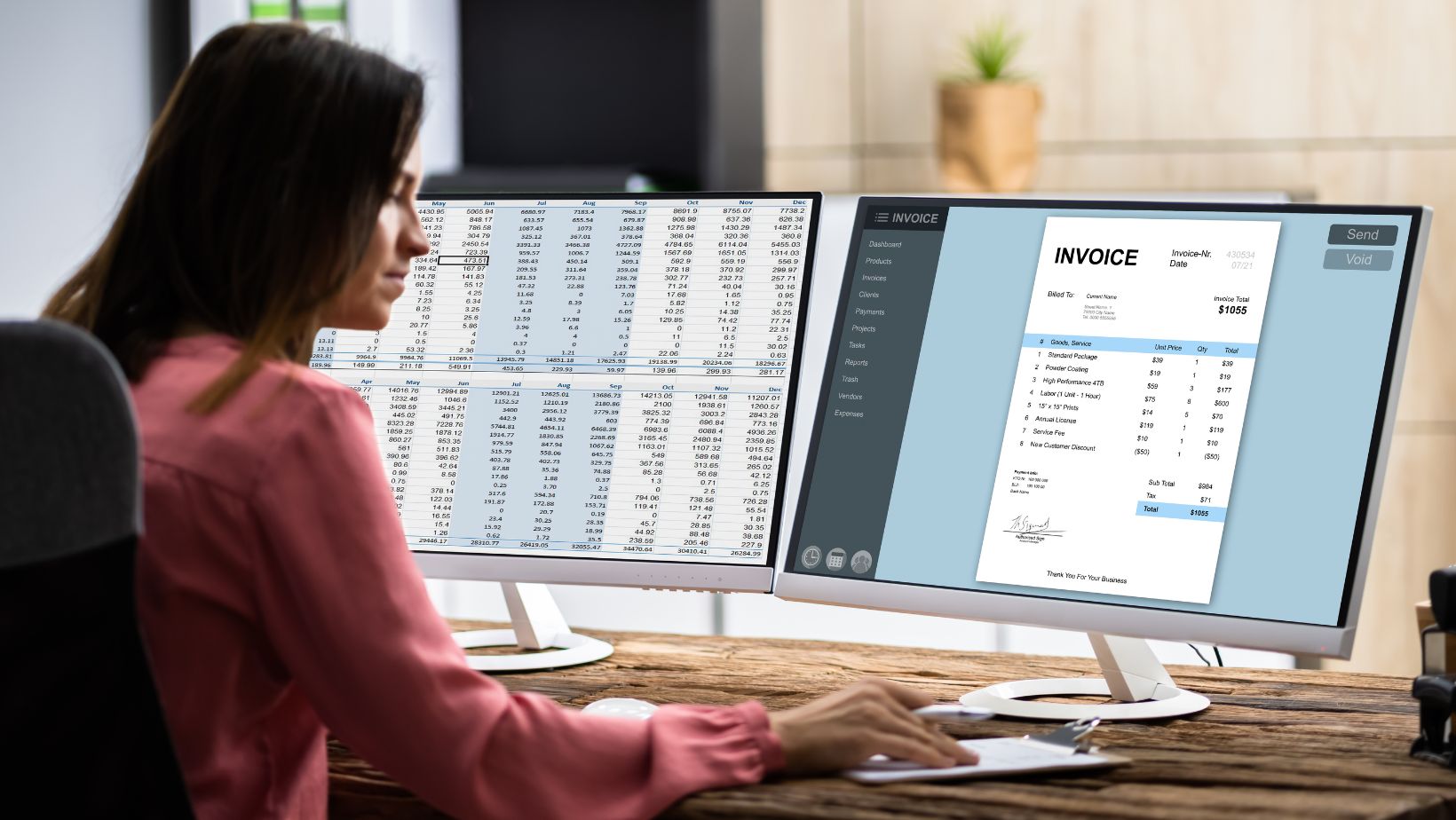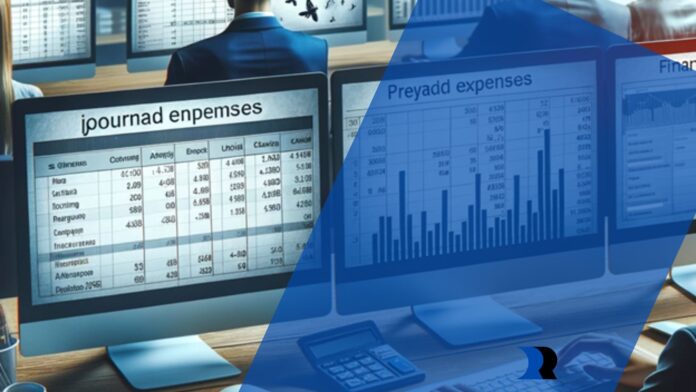In the realm of accounting, mastering the nuances of journal entries is crucial for accurate financial reporting, and among these, the prepaid expenses entry holds significant importance. Prepaid expenses, payments made in advance for goods or services to be received in the future, are a common occurrence in business transactions. Properly accounting for these transactions is not only a matter of regulatory compliance but also a cornerstone of sound financial management.
The Critical Role of Prepaid Expenses in Accounting
Prepaid expenses are an essential part of a company’s financial statements. These payments, though made in the current period, benefit future periods. As such, they are recorded as assets on the balance sheet and then expensed over the period of usage. This practice aligns with the accrual basis of accounting, which states that expenses should be recognized in the period in which they are incurred, regardless of when the cash transaction happens. Accurate recording of prepaid expenses ensures that financial statements reflect the true financial position of the company.
Navigating the Journal Entry: Debit and Credit
The prepaid expenses journal entry has two formats: the prepaid expense account and the cash account. The prepaid expense account is debited, and the cash account is credited. This entry recognizes the prepayment as an asset, reflecting that the company has made a payment that will provide economic benefits in future periods. As the expense is incurred over time, the prepaid expense account is gradually credited, and the relevant expense account is debited, reflecting the consumption of the asset.
Importance of Accurate Timing and Amortization
The accuracy of timing in recording the amortization of prepaid expenses is critical. This process involves systematically expensing the prepaid amount over its beneficial period.

Incorrect timing can lead to misstated financial statements, affecting everything from profit calculations to tax liabilities. Here’s an example of how prepaid expenses might be amortized over time:
|
Period |
Prepaid Expense Amortization |
Remaining Balance |
|
Month 1 |
$500 |
$2,500 |
|
Month 2 |
$500 |
$2,000 |
|
Month 3 |
$500 |
$1,500 |
|
Month 4 |
$500 |
$1,000 |
|
Month 5 |
$500 |
$500 |
This table shows the systematic reduction of the prepaid expense asset and the corresponding expense recognition in each period.
The Ripple Effect of Inaccurate Entries
Incorrect handling of prepaid expenses can have a ripple effect on financial analysis and business decisions. Overstating assets or understating expenses can paint an inaccurately rosy picture of a company’s financial health, potentially leading to poor decision-making. Conversely, underreporting assets or overstating expenses can diminish the apparent profitability of the company, affecting investor confidence and credit ratings.
Integrating Technology for Streamlined Accounting
In today’s digital age, integrating technology into the accounting process, especially for entries like prepaid expenses, can significantly streamline and improve accuracy. Many accounting software solutions offer automated features that can track prepaid expenses, schedule amortization entries, and alert accountants to upcoming adjustments. These tools reduce the risk of human error and ensure that entries are consistent with the set amortization schedule. For businesses, this means more efficient accounting practices, timely financial reporting, and better compliance with accounting standards.

The use of technology in managing these entries not only simplifies the process but also provides more reliable and accessible financial data for analysis and decision-making.
Educating the Team on Great Practices
The importance of training and educating the accounting team on best practices for handling prepaid expenses cannot be overstated. Regular workshops, training sessions, and updated guidelines can ensure that all team members are on the same page regarding the treatment of these expenses. An informed team is better equipped to handle complex transactions, identify discrepancies, and make informed adjustments. Furthermore, a culture of continuous learning and adaptation in the accounting department can greatly enhance the overall financial management of the organization, ensuring that all financial transactions, including prepaid expenses, are handled with the utmost accuracy and professionalism.
The Precision of Prepaid Expense Accounting
In conclusion, the proper accounting of prepaid expenses is a testament to the precision and accuracy required in financial reporting. It ensures compliance with accounting principles, provides clarity in financial analysis, and supports informed decision-making. As a fundamental component of financial statements, the meticulous handling of prepaid expenses reflects the overall health and management of a company’s finances.


